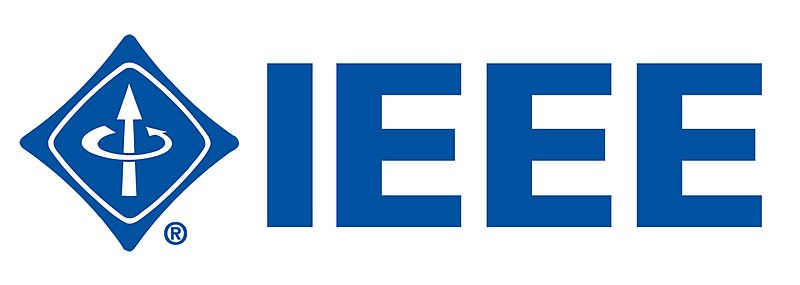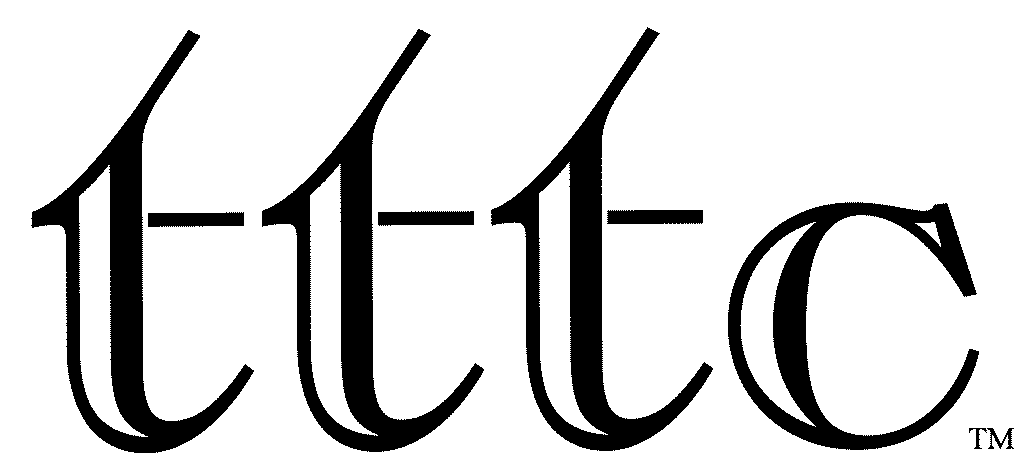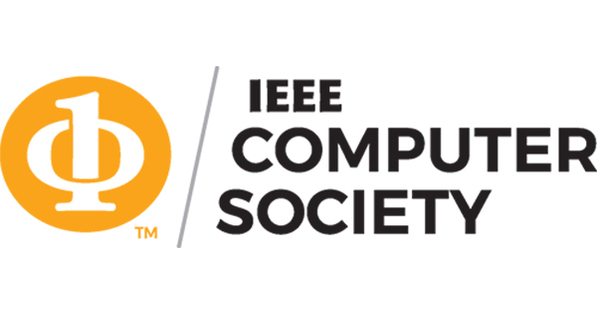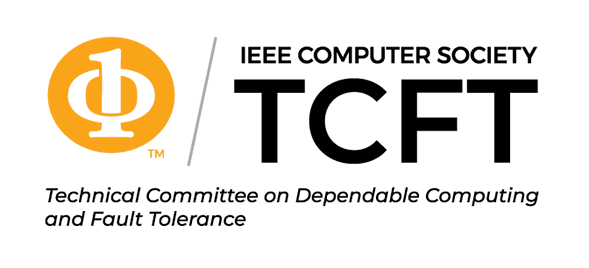Call for Special Sessions
PDF Version
DFT’
seeks proposals
for Special Sessions. The special sessions should aim at
providing a complementary experience with respect to the
regular sessions by focusing on hot and emerging topics of
interest to the DFT community, as well as on multi-disciplinary
topics, that are expected to have a significant impact on DFT
activities in the future (e.g., reliability aspects in Machine
Learning, Approximate Computing, In-Memory Computing,
Neuromorphic-Computing, Quantum Computing, use of COTS
electronics for space applications, Hardened Microcontrollers,
RISC-V). A special session could consist of a set of individual
presentations, embedded tutorial or a panel,
possibly with experts from the industry.
Upon acceptance, special session presenters can prepare
one paper per speech
to be included in the formal proceedings.
For this reason, papers (presenting original and unpublished contributions and
that may be no longer than 6 pages, is possible to purchase 2 extra pages at an
additional cost) for special
session will go through review process
.
Accepted papers will appear in the formal proceedings of DFT
symposium. Proceedings will be published by the IEEE Computer Society
and will appear in the IEEE Explorer Digital Library
Submission Process: Submitted proposals should include:
-
a title of the special session
-
a maximum 250-word abstract outlining
the session's scope, topics and relevance for DFT symposium
-
name, contact information and short biography of the organizer(s)
-
format of the session: (1) panel or (2) individual presentations or (3) embedded tutorial; and
-
list of three/four contributed presentations
(including titles, presenter names, contact information of the corresponding presenter,
and an abstract of each contribution).
For panel proposals, list three to five panelists and their area of expertise.
For embedded tutorial, list three/four presenters and their short bio.
Proposal submissions should be presented in a single PDF to be sent via e-mail to the
Special Session Chair and for information to the Program Co-Chairs:
-
Luigi Dilillo - Special Session Chair - luigi.dilillo@umontpellier.fr
-
Luca Cassano - Program Co-Chair - luca.cassano@polimi.it
-
Mihalis Psarakis - Program Co-Chair - mpsarak@unipi.gr
-
E-mail Subject: DFT’
Special Session Proposal
By means of their submission,
all presenters
agree to register for and participate to
DFT’
, in case their special session
proposal is accepted.














